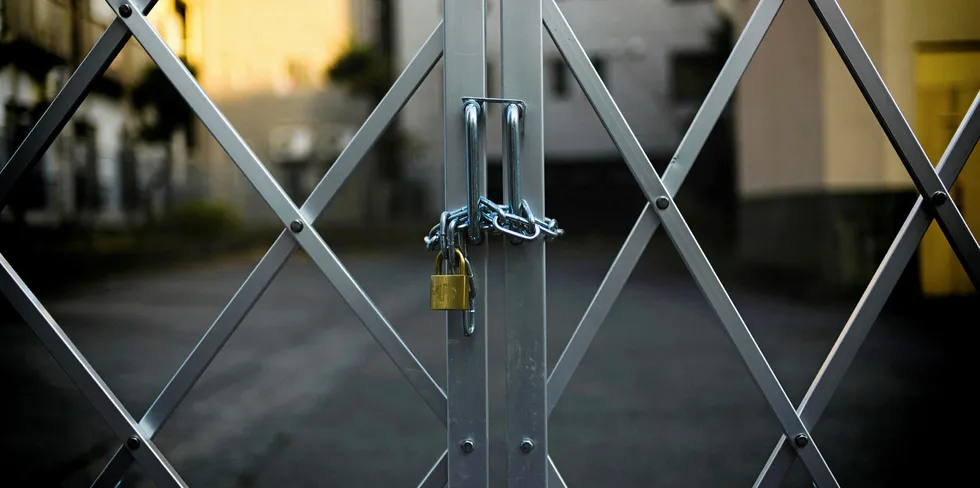Week's top seafood news: Coronavirus closes factories, sends shudder of panic through supply chains
Some of seafood's biggest companies are shutting down plants, fearing the worst, while others plough ahead with multi-million dollar plans in the hope of some kind of return to normality.
